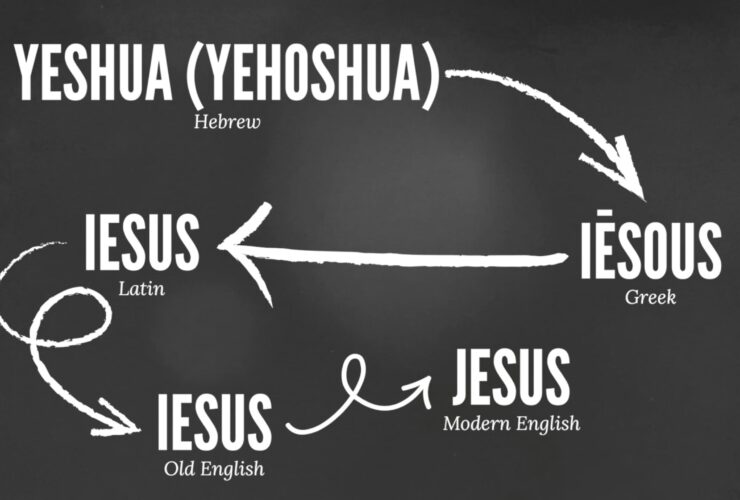Today when we say “Hebrew” we are most often referring to the modern language spoken by those of Jewish descent, and one of the official languages of the modern country of Israel. The Old Testament of the Bible was also written in the ancient version of the Hebrew Language, although the Bible itself calls this language “Judean” (2 Kings 18:26, Isaiah 36:11).
In the Bible, the term Hebrew is used interchangeably with Israel or Israelite to refer to the descendants of Abraham, Isaac, and Jacob. But its first usage comes from the time of Abraham himself when Abram is referred to as a Hebrew (Genesis 14:13). The context for the designation was a time of war, kings of cities were warring against one another, and as a result Lot, Abraham’s nephew, had been captured. A survivor ran to tell Abraham the Hebrew whose place of residence was then given. This is an interesting designation because it is contrasted with the long list of Kings who had just been named in with their city’s names. Abraham who did not have a city but was semi-nomadic, is called a Hebrew, and then the place of his current residence was given. So, what are we to make of the term Hebrew, then? It is not a place, and it has no immediate self-explanation. There are a few theories.
“Then one who had escaped came and told Abram the Hebrew, who was living by the oaks of Mamre the Amorite, brother of Eshcol and of Aner. These were allies of Abram.”
Genesis 14:13
The first involves the genealogies found in Genesis 10. Eber was the great-grandson of Shem, son of Noah, and seems to have had a clan of people named for him, as verse 21 says, “Shem was the father of all the sons of Eber.” The root word of Hebrew and Eber is the same, perhaps suggesting that Abraham was a part of the wider descendants of Eber, even though there are no explicit connections made by the Scriptures.
Another theory connects to the meaning of the root word behind Hebrew and Eber, the word means to pass through, cross over or travel, so this theory states that, perhaps, Abraham was called a Hebrew because he had left his home in greater Mesopotamia and travelled to Canaan.
The last theory has the most connection with known history and is, therefore, the most controversial. Some historians connect the term Hebrew with “Habiru” or “Apiru”. The “Habiru” were a people group who, according to the Amarna Letters, created chaos in Canaan during the Biblical period of the Conquest and Judges. Various city kings in Canaan wrote to Pharaoh asking for military aid to overcome these Habiru and ratted out some other kings who had rebelled against Pharaoh and joined the Habiru. In Egyptian records, these Habiru are called Apiru.

Corie Bobechko is a daily co-host, speaker, and writer of Bible Discovery. She also hosts a YouTube channel that shows how history and archaeology prove the Bible. Her heart for seekers and skeptics has led her to seek truth and share it with others. Corie also has a Bachelor of Theology from Canada Christian College.






